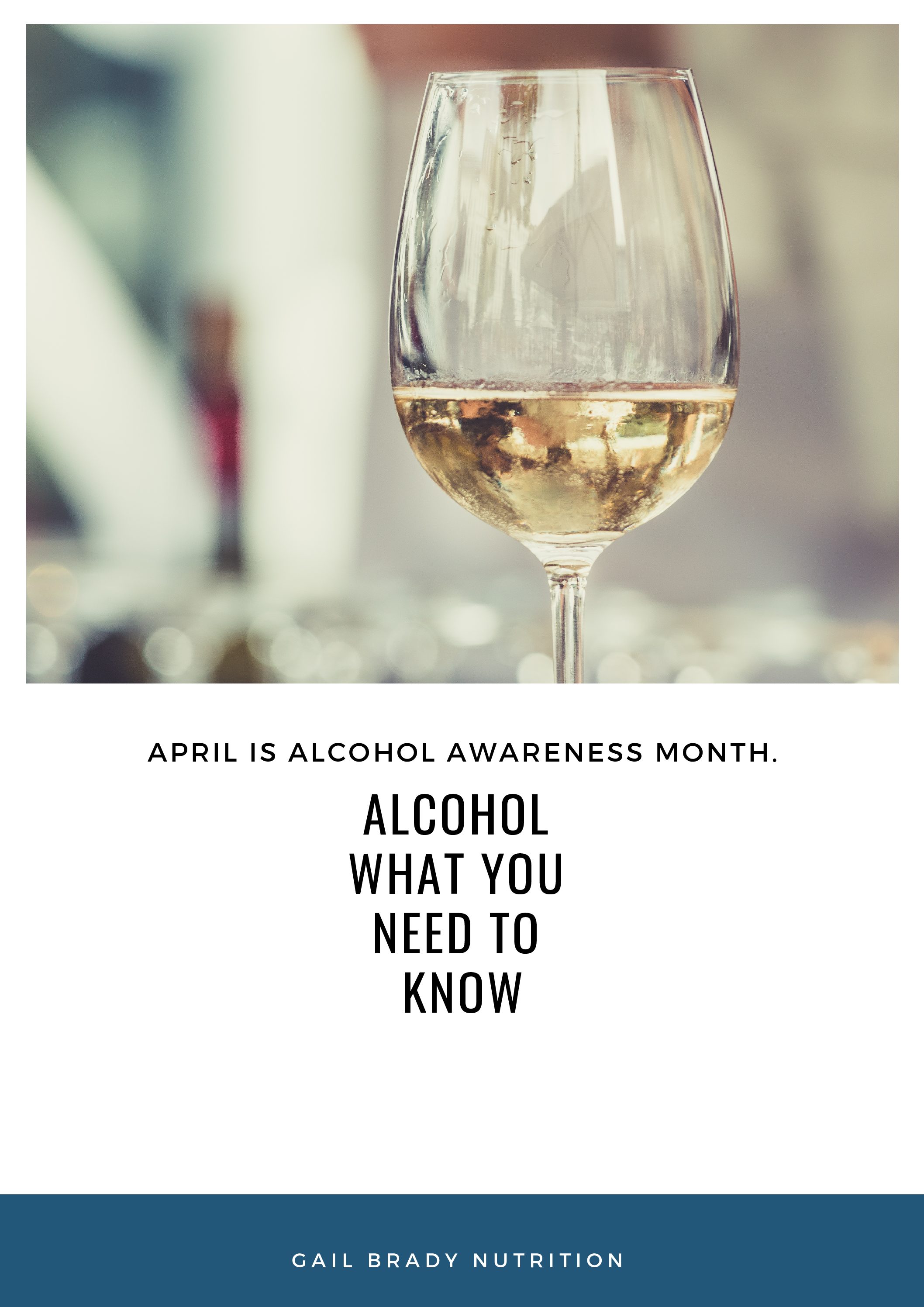It’s April and in England, the pubs are open again, well pub gardens anyway… But it’s also alcohol awareness month.
This post will give you a little bit of info about the effects alcohol can have on your health AND so as not to be a complete party pooper, I am going to tell, you what I think are the 5 best choices of alcohol if you choose to drink.
The conversation around alcohol can be one of the most difficult ones I have in my clinic… because I find that many women I talk to, like to have a couple of drinks in the evening to help them unwind in the evening.
But this could be counterproductive I am going to tell you why so that you are able to make informed choices. I am also going to let you know what I think are the 5 best choices of alcohol if you do drink.
Alcohol and Peri/menopause
I think that we all know that too much alcohol is not a good thing, especially for your liver.
But did you know that alcohol can increase perimenopause symptoms?
Just some of the ways it can affect your symptoms are by increasing hot flushes and night sweats and lead to hormone Imbalances and irregular menstrual cycles. It can also interfere with your blood sugar balance, disrupt your sleep, cause memory problems and lead to weight gain.
Consuming alcohol may also contribute to
- Poor digestion & gut health – alcohol irritates your gut and stomach lining, as well as harming the population of bacteria resident in your gut, leading to IBS, diarrhoea, bloating, indigestion, heartburn and even stomach ulcers.
- Increased skin ageing – drinking alcohol encourages wrinkles and puffiness under your eyes.
- Increase the risk of brittle bones – alcohol disrupts calcium and vitamin D metabolism, leading to brittle bones.
- Increased risk of several cancers – even drinking small amounts of alcohol has been associated with breast cancers and especially if you have a family history of the disease.
My Experience
I have experienced this for myself… in fact, that was pretty much my first experience of perimenopause symptoms. A couple of years ago I was on holiday and enjoying a couple of glasses of local wine every night. A few days in and I started waking in the night with hot flushes and night sweats…. It was not pleasant and I wasn’t getting much sleep.
I quickly recognised that alcohol was the trigger for me and so I stopped drinking alcohol and since then I barely drink at all as I would rather not have the symptoms…
This may not be the answer for everyone but learning to recognise your own triggers can often significantly help to manage your symptoms.
How much is too much?
The max recommended number of alcohol units a week is 14
Shot of spirits = 1 unit
Small glass wine (125ml) = 1.5 units
Pint of beer is 2-3 units (depending on the brand)
I think it’s easy to see how you could quite easily get to 14 units very quickly!
My 5 best choices of alcohol.
Red wine – The antioxidant resveratrol is found in red wine and foods such as berries and leafy greens. It can help to lower inflammation in the body, support heart health and healthy ageing. However, you would have to drink a lot of red wine to get any significant health benefits… The quality of the wine is important too…ideally it would be organic and sulphate free.
Vodka – Some varieties are made from potatoes, fermented rice or corn and so are naturally gluten-free. However, vodka can also be made from rye and wheat. If you have sensitivities to gluten or are avoiding it for health reasons, always check first. Vodka is low in sugar but you should avoid the flavoured versions which may be high in sugar and additives. Drinking vodka with soda water and fresh lime can help you to stay hydrated.
Gin – Gins are made in a similar way to vodka but are distilled juniper berries and other botanicals which may add a (very) small amount of nutritional value. Again, opt for gluten-free brands is you are sensitive to gluten or have coeliac disease.
Cider – A gluten-free choice. Choose a dry cider to reduce the sugar content.
Champagne – Due to the fermentation process, champagne contains some probiotics so arguably some could say it has some health benefits… It may also include a small number of antioxidants.
How to drink alcohol mindfully:
- Aim to drink one glass of water for every alcoholic drink to stay hydrated.
- Only drink alcohol with a meal
- Be aware of glass sizes and measurements
- Aim to have 2-3 alcohol-free days a week
Or replace – fizzy water and fresh lime, a low sugar mocktail or with a low sugar kombucha
For more tips and advice on perimenopause and menopause join a growing group of like-minded women here
To receive your FREE checklist of the Top 10 Foods to Include in Your Diet During Menopause click here




